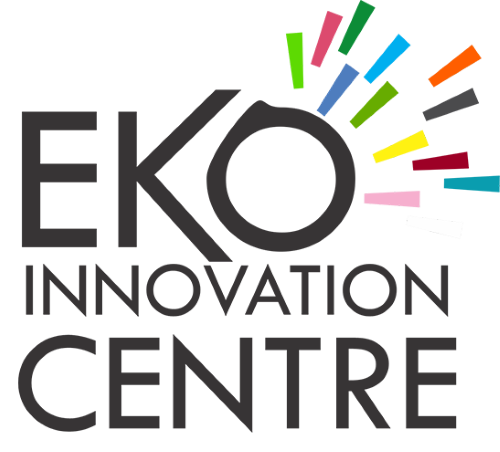The Central Bank of Nigeria (CBN) has launched the eNaira, a digital version of the Nigerian Naira. While it might look similar to existing digital payment methods, the eNaira offers unique opportunities and challenges for small businesses in the country. Let’s explore deeper and understand both sides of the coin.
Understanding eNaira: Different from Crypto
While both eNaira and cryptocurrencies are digital, there are key differences. Unlike volatile crypto, eNaira is pegged to the Naira, meaning its value remains stable. Additionally, eNaira is controlled by the CBN, unlike decentralized cryptocurrencies like Bitcoin.
How eNaira Works:
Unlike traditional cash, eNaira exists solely in digital form. You won’t find physical eNaira notes. Think of it as money held electronically in a special wallet on your phone. This eliminates the need for printing physical Naira, potentially saving the government money.
Benefits for Businesses
- Reduced Costs: eNaira transactions can be cheaper than cash or card payments, leading to potential cost savings for businesses.
- Faster & Easier Transactions: Forget slow cash counting or waiting for transfers. eNaira allows for instant settlements, streamlining transactions.
- Government Payments: The government might use eNaira for targeted interventions, directly crediting citizens’ digital wallets. This could benefit small businesses catering to this segment.
- Increased Transparency: eNaira transactions are traceable, potentially reducing fraud and offering greater oversight.
Following Nigeria’s Lead: Other Digital Currencies
Nigeria isn’t alone in the digital currency game. Countries like The Bahamas and St. Kitts and Nevis have already launched their own versions. This trend highlights the potential of digital currencies in the future of finance.
Opportunities for Small Businesses:
- New Payment Channels: eNaira offers an alternative payment method for customers, potentially attracting a wider audience.
- Cost Savings: Reduced transaction costs can translate into lower prices for products and services, making your business more competitive.
- Becoming a Merchant: Businesses can act as eNaira agents, helping people convert cash to eNaira and vice versa, creating a new revenue stream.
- Educational Advantage: Businesses that embrace eNaira early and educate their customers about it can gain a competitive edge.
- Faster Transactions for Fintechs: Fintech companies integrating eNaira can offer faster and more seamless transactions for their customers.
Challenges to Consider:
- Digital Divide: Not everyone has a smartphone or reliable internet access, potentially limiting eNaira’s reach.
- On-boarding Requirements: eNaira requires a Bank Verification Number (BVN) or National Identification Number (NIN), which may exclude some potential users.
- Competition with Existing Services: Existing financial institutions might see eNaira as competition, impacting their business models.
- Reaching the Unbanked: An extensive agent network might be necessary to ensure eNaira reaches people without bank accounts.
Conclusion
The eNaira’s impact on small businesses remains to be seen. While it presents exciting opportunities for cost reduction, faster transactions, and attracting new customers, challenges related to digital access and on-boarding must be addressed. Ultimately, the success of eNaira will depend on its accessibility, user education, and the willingness of businesses to embrace this new digital frontier.
